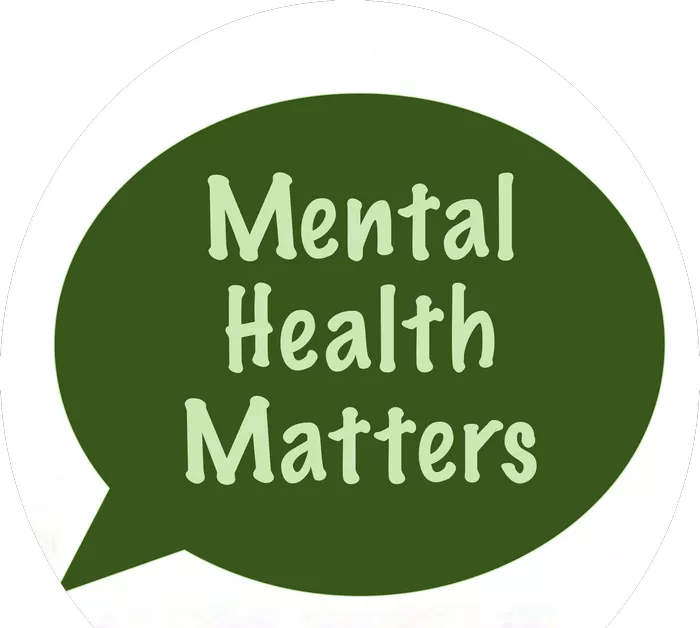Costa Rica faces a mounting public health challenge as recent studies reveal that 68.5% of adults are overweight or obese, with a higher prevalence among women (73.8%) than men (63%). The most affected group is adults aged 50 to 69, where 45% are classified as obese. This alarming situation led the government to declare obesity a chronic disease, signaling the need for urgent, coordinated action nationwide.
The Association Against Obesity (ALCO) and the Central American Center for Medical, Epidemiological, Clinical, and Public Health Research (CEVAXIN) warn of severe consequences. In 2023, direct medical costs from obesity-related diseases—primarily type 2 diabetes, heart disease, and chronic kidney disease—totaled an estimated $1.5 billion. These conditions remain leading causes of death in the country.
Obesity also burdens the economy significantly. ALCO reports indirect costs of $290 million due to lost productivity and absenteeism, with premature deaths and disabilities resulting in 80,399 years of healthy life lost. ALCO’s Executive Director, Jose Arturo Vega, stated, “Recognizing obesity as a disease is progress, but without prevention, education, and access to care, our future is at risk.”
Dr. María Lucila Carrasco of CEVAXIN highlighted wider implications: “This crisis shortens life expectancy, strains families, and overwhelms our healthcare system.” If trends persist, Costa Rica could become one of the countries with the highest obesity rates by 2060, and the economic costs could double to $3 billion by 2050.
ALCO calls for a stigma-free, multidisciplinary response involving nutritional advice, emotional support, and specialized treatments. Efforts like the 2025 National Obesity Conference seek to unite experts and policymakers to tackle the epidemic. The Pan American Health Organization’s (PAHO) initiative for clear front-of-package food labeling is another step to help consumers make healthier choices.
Despite Costa Rica’s strong universal healthcare system, the obesity crisis presents a major test. With nearly 70% of adults and 34% of schoolchildren affected, swift action is crucial to protect public health and the economy.
Related Topics






























